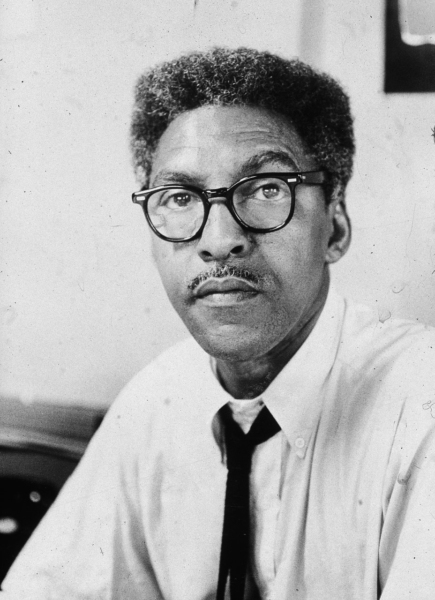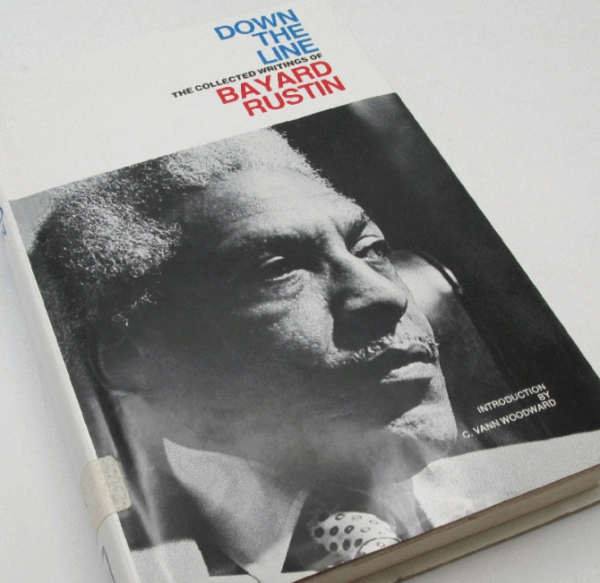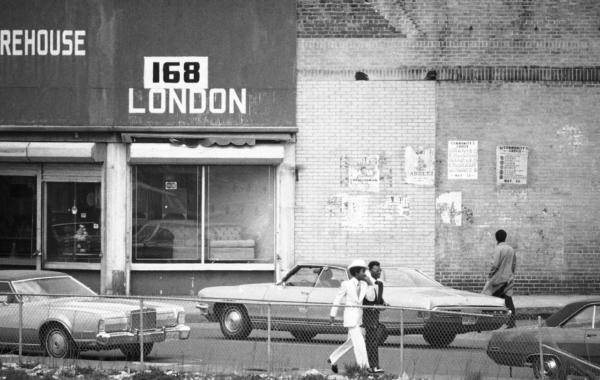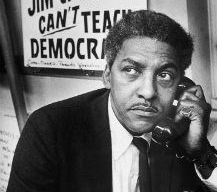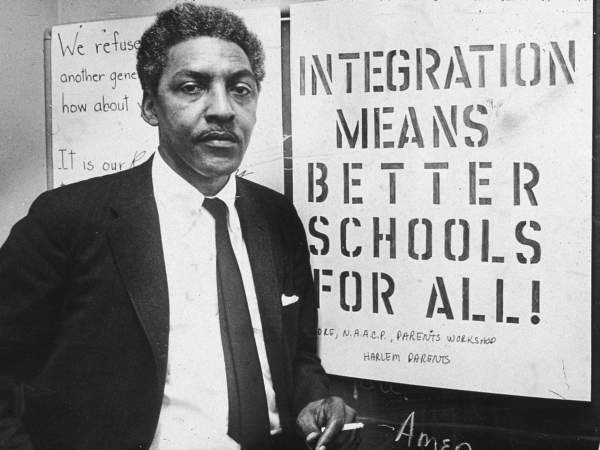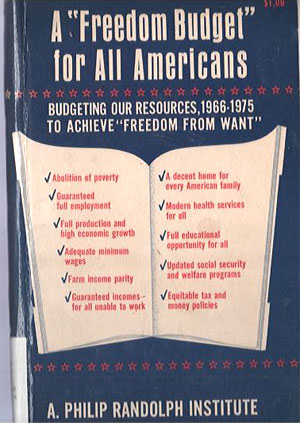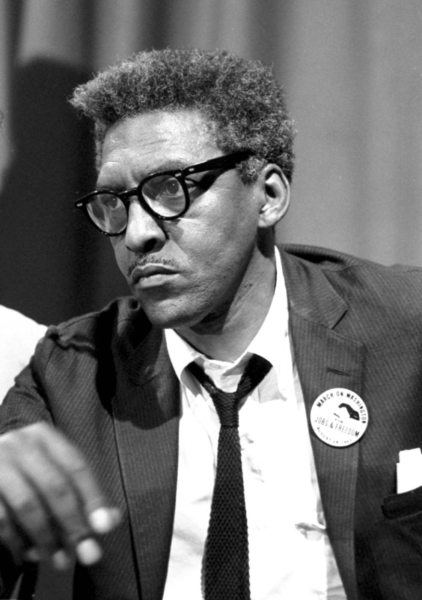
Firebombs or a Freedom Budget?
This society never has and never will do anything special for the Negro. That is the reason we call it the freedom budget for all Americans. It is not that I do not know that Negroes are most brutalized by poverty for they are! But I also know that 67 percent of the poor are white and unless we are going to draw up programs which have to do with the elimination of poverty and not concerned with Negro poverty we will not get anywhere in the society.


